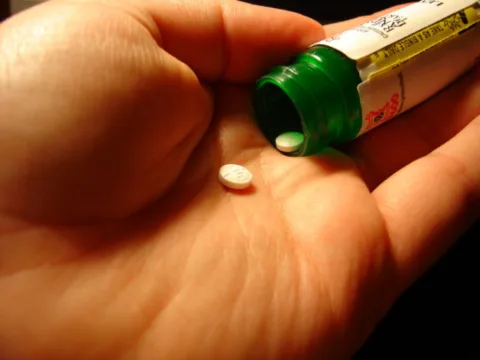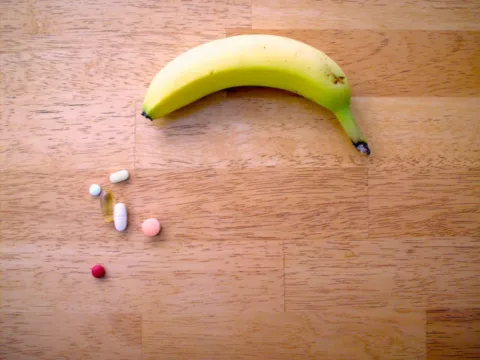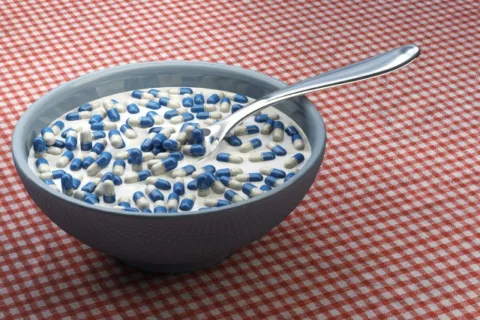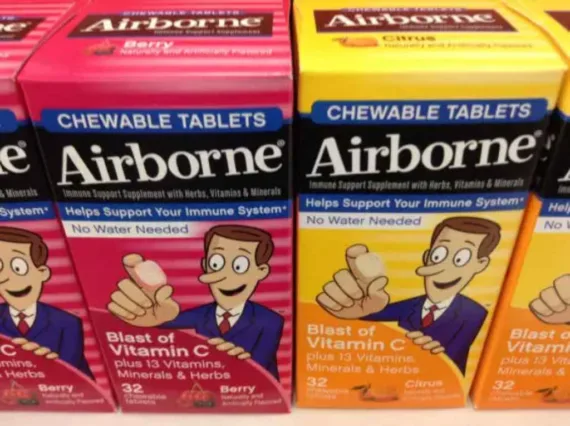You’ve seen the commercials… the list of side effects for many popular medications can be overwhelming. And, that’s only half of the story.
Medication interactions are also very important.
Doctors and pharmacists sometimes tell you what you shouldn’t do while you’re taking certain prescriptions.
But they usually don’t tell you what you shouldn’t eat.
Following are 6 foods that do not mix well with popular medicines…
If you’re like me, then you rarely think about what you’re eating when taking various medications — right?
Instead, we tend to worry more about these things:
- If certain medicines are harmful when mixed with other ones.
- If certain meds cause drowsiness.
- If certain prescriptions are harmful when mixed with alcohol.
But I’m here to tell you that you should definitely be aware of what you’re eating whenever you start a new prescription — because certain food & drug interactions can be quite serious!
Here are 6 foods that are known to cause a dangerous reaction when mixed with specific medicines.
#1 – Bananas
Bananas, as well as other high potassium foods, are bad if you’re taking meds to lower your blood pressure (ACE inhibitors for hypertension).
The problem with eating bananas and taking the medication is that the potassium levels in the body can rise to dangerous levels — which can cause irregular heartbeat and lead to heart attack or stroke.
Consuming too many potassium-rich foods may cause your potassium levels to soar even higher, increasing the risk of heart problems.
#2 – Grapefruit
Certain cholesterol medications (or statins) do not go well with grapefruit.
So if you take any cholesterol-lowering drugs, be sure to check with your doctor before consuming any grapefruit or even grapefruit juice.
Why? Because this otherwise healthy fruit prevents the liver from properly digesting the drug.
If the body cannot properly use and dispose of the drug, it could reach toxic amounts within the body.
#3 – Leafy Greens High In Vitamin K
Certain blood thinners do not work when combined with leafy greens that are high in Vitamin K.
High doses of Vitamin K prevent the medication from doing its job.
To lower the risk of the medication not working, limit your leafy green consumption to a single serving per day.
Greens particularly rich in Vitamin K include but are not limited to:
- collard greens
- green tea
- parsley
- spinach
#4 – Dairy Foods
Dairy products and some foods containing dairy do not mix well with some antibiotics.
Eating dairy within a few hours of taking antibiotics can prevent the body from properly absorbing the medicine by attaching itself to the antibiotic.
Instead of working within the body, the antibiotic stays in the intestines until your next bowel movement.
#5 – Soy Products
Thyroid problems can leave you feeling tired, cause weight gain, and result in hair loss. Fortunately, a thyroid medication can help control those symptoms.
Soy products, however, prevent the body from absorbing thyroid medications.
So, if you’re going to consume soy, do so at least 4 hours after taking your thyroid medicine.
#6 – Fiber
Fiber can also cause medication interactions.
It fills the stomach and is not digested quickly — which slows the digestion of everything else in your stomach, including medicine.
In addition, fiber can block the absorption of essential nutrients.
Depending on what medication you’re on, it may be wise to watch the amount of fiber that you consume.
Always check with your doctor before taking any new medicine.
And be sure to read the warning labels and any supplemental information that’s provided with your prescription. Specific foods that must be avoided will be mentioned there.
As long as you pay close attention, then you’ll receive the most benefits from your prescription drugs and you’ll prevent more serious health complications from arising.
Here’s a Drug Interactions Checker that I use all the time to check for harmful drug interactions — it covers everything from Advil to Zoloft!







